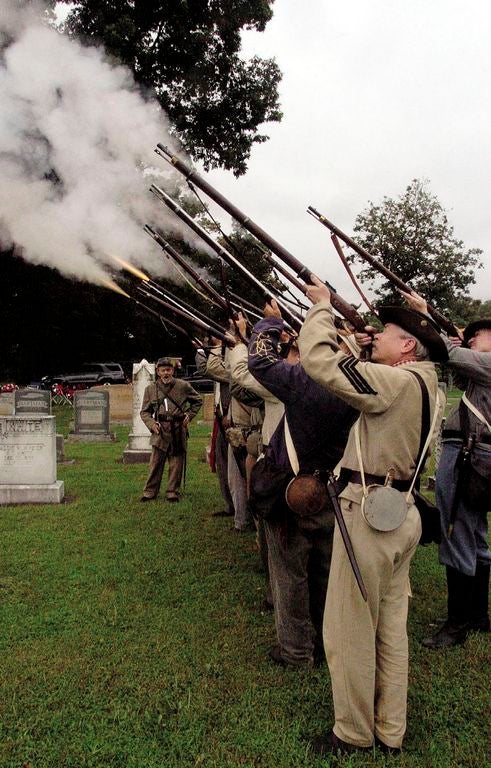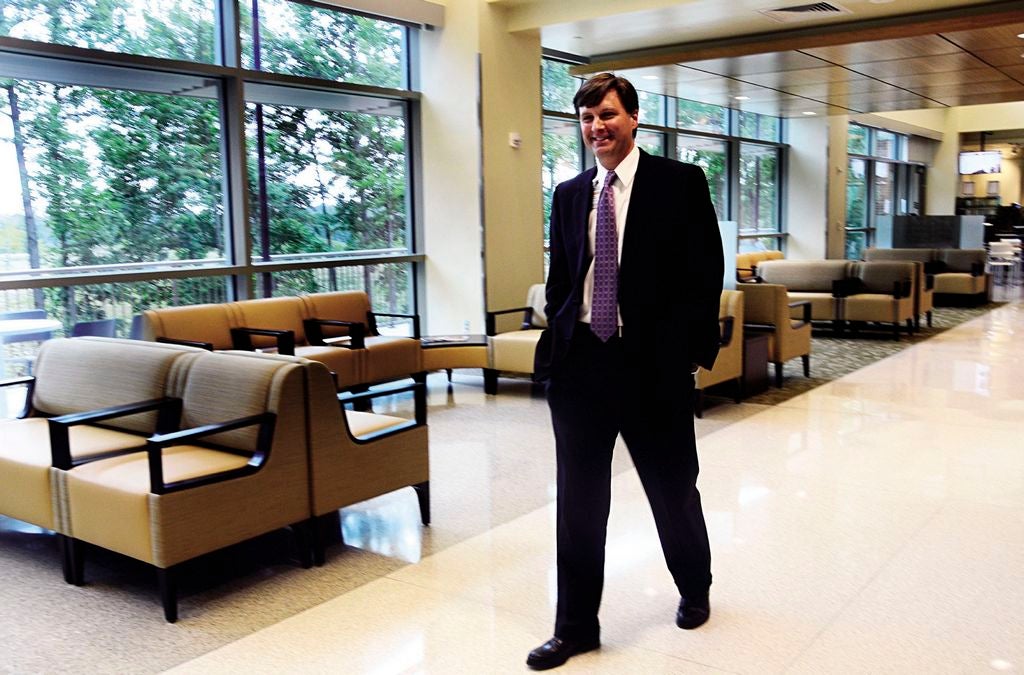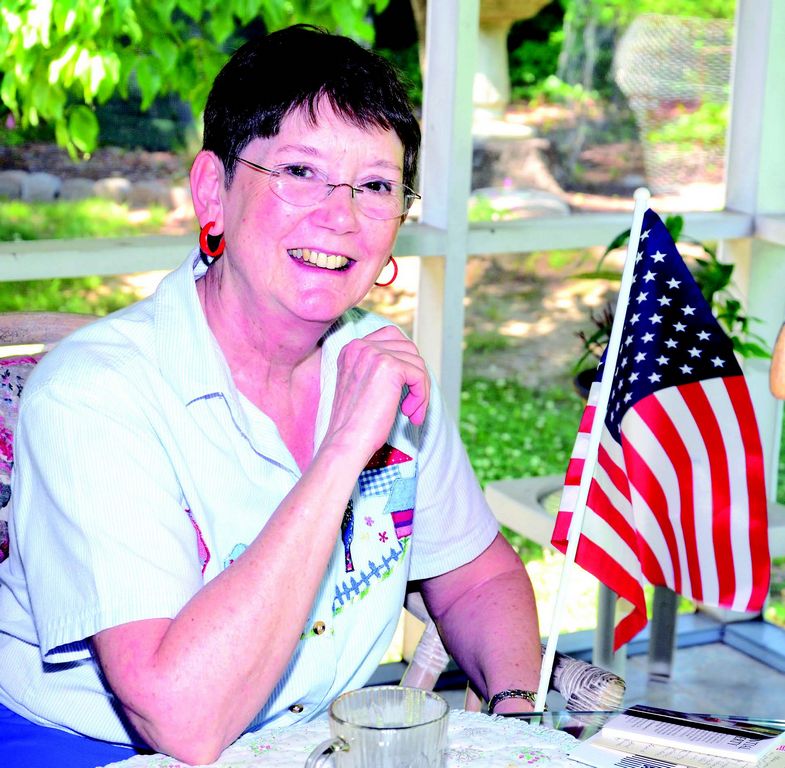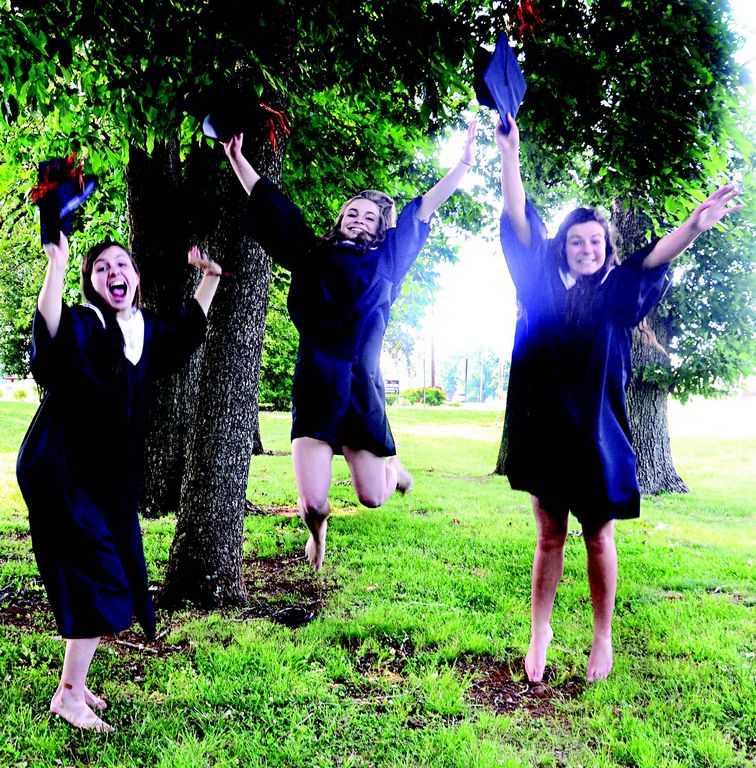Rescue 5 Teaches; And Keeps Memories From 9/11 Alive
Published 12:00 am Monday, December 23, 2013
The bell rings for a class change at Davie High School.
The students just sit – silently staring forward.
Picture a slide show and program at each of Davie’s three middle schools. When it’s over, the students are dismissed.
They just sit – silently staring forward.
These students weren’t bored into a coma, they were thinking about what happened to the United States – to their country – on Sept. 11, 2001.
The Advance Fire Department sponsored the programs, including a visit from Rescue 5, a restored heavy rescue truck that responded to the twin towers in New York City on that day when terrorists flew jet planes into the side of the buildings. Davie County was one of two areas in North Carolina the truck visited.
A total of 2,977 people died in that and two other terrorist attacks that day. The number includes 411 emergency workers, including all of those aboard Rescue 5.
“This is a labor of love, and education for you,” said Nat Oliveri of Advance, who was working in New York City that day and helped secure Rescue 5 for the fire department. “We read a lot of history in books, but you have a chance to see it up close.”
The students could see Rescue 5, but not touch it. Only emergency personnel are allowed inside. “Remember what it symbolizes and the challenges passed on to each of you,” said Ronnie Robertson, safety and public education officer for the Advance department.
He told students at Davie High that every adult remembers where they were when the planes struck the skyscrapers. The seniors he was talking to were mostly in kindergarten on Sept. 11, 2001.
Oliveri was working in the city when he heard that a small plane had struck one of the buildings, and wondered how they couldn’t see such an imposing structure. The scene was on TV when the second plane hit the other building.
“We all kind of realized that our world as we knew it would never be the same,” he said. Oliveri and his co-workers immediately began gathering water and any medical supplies they could find in the office – and headed towards the scene.
Robertson was at work as Davie County’s E911 coordinator. He and coworkers were watching the smoke come from the first building, thinking it had been accident.
“As we watched, suddenly the second plane appears. We knew this was a deliberate attack upon us … upon the American people,” Robertson said. Davie’s emergency preparedness crew went to work. It wasn’t known how many more attacks could happen.
The program focused on the firefighters, police officers, emergency medical technicians and others who responded to the scene.
Yes, thousands died. But many more thousands were rescued. The emergency workers were running up the stairs while the people in the buildings were headed down. They knew the danger, but it was their job to evacuate the building and try to reach and extinguish the fire.
“Our firefighters – service people – these are the truck rock stars,” Oliveri said. He talked about the wall of toxic dust and debris that filled the streets when the buildings collapsed. “People were hiding underneath cars and trucks, wherever they could get out of the way. Even with all of this devastation, firefighters were still doing their jobs.”
It changed New York, the city that never sleeps. Mass transit was shut down. People walked home from work. “Right after this, it was quiet. It was an eerie feeling.”
“Keep in mind, in one of our darkest times … emergency workers and thousands of civilians started to do what they could to help,” Robertson said. “All across America, people were focused on what they could do to help. That’s what Americans do. America’s citizens rose.
“When we are challenged as Americans, we come together to stand up as Americans. As Americans, we need to think about our fellow man. A can of food for the Storehouse, a toy for Toys for Tots … what will you do?” Robertson asked the high school students. “How will you give of yourselves for your fellow man? Think about those men and women who died and think about what you can do to honor them.”
“Sometimes we sacrifice to accomplish the greater good,” Robertson said.
Firefighters do it every day.





